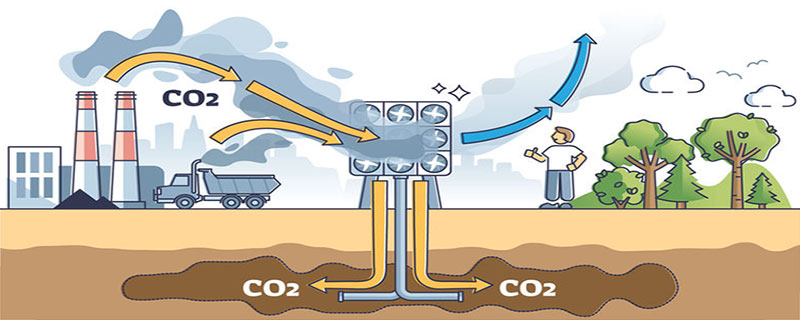Investing in the Future – Carbon Capture
The government has pledged £21.7bn of funding to develop two carbon capture sites in the North West and North East of England, which could create thousands of jobs and “reignite our industrial heartlands”.
Funding for the clusters, in Liverpool and Teesside, will be made available across 25 years, with the aim of making the UK an early leader in carbon capture, usage and storage (CCUS), and hydrogen.
Prime Minister Sir Keir Starmer said the move was ”
reigniting our industrial heartlands by investing in the industry of the future”.
He added that it will “help deliver jobs, kickstart growth, and repair this country once and for all”.
The CCUS industry is expected to support 50,000 jobs as the sector matures in the 2030s, helping the oil and gas sector’s transition away from fossil fuels.
Led by bp and Equinor, the £4bn Net Zero Teesside project at Teesworks will generate up to 860 megawatts of low carbon electricity – enough to power up to 1.3 million UK homes.
Up to two million tonnes of CO2 emissions from the power station will be captured each year and then transported by pipeline to a geological storage site under the North Sea, where it will be permanently and safely stored.
The project could create 3,000 construction jobs and 1,000 permanent positions once the plant is operational, adding about £300m to the economy each year.
Tees Valley mayor Ben Houchen called the announcement
“monumental”, adding: “This is a day that we look back on as the start of a golden generation for Teesside.”
In Liverpool, HyNet aims to decarbonise industry across the North West and North Wales industrial heartlands.
The £5bn project will capture CO2 produced by land-based industrial plants and store it in depleted gas fields in the Irish Sea.
The scheme is expected to generate 6,000 construction jobs, building a strong base of skills for those wanting to retrain as well as those beginning their career.
Based in Liverpool, HyNet will create 6,000 construction jobs, building a strong base of skills for those wanting to retrain as well as those beginning their career.
David Parkin, chair of the HyNet Alliance, said:
“HyNet was formed to meet the demands of industry wanting to decarbonise to deliver sustainable products and compete in the global low carbon economy. We need to decarbonise, not by de-industrialising, but by investing in the industries of the future that we rely on for the everyday products in our lives – from the glass bottles we use for our food and drink to the cement we use to build roads and buildings.”
He added that the government’s commitment will “enable generation of resilient low carbon power, right here in the industrial North West and North Wales, supporting its Clean Power 2030 Mission” while “attracting investment and catalysing growth”.
Source: Inside Media









Leave a Reply
Want to join the discussion?Feel free to contribute!